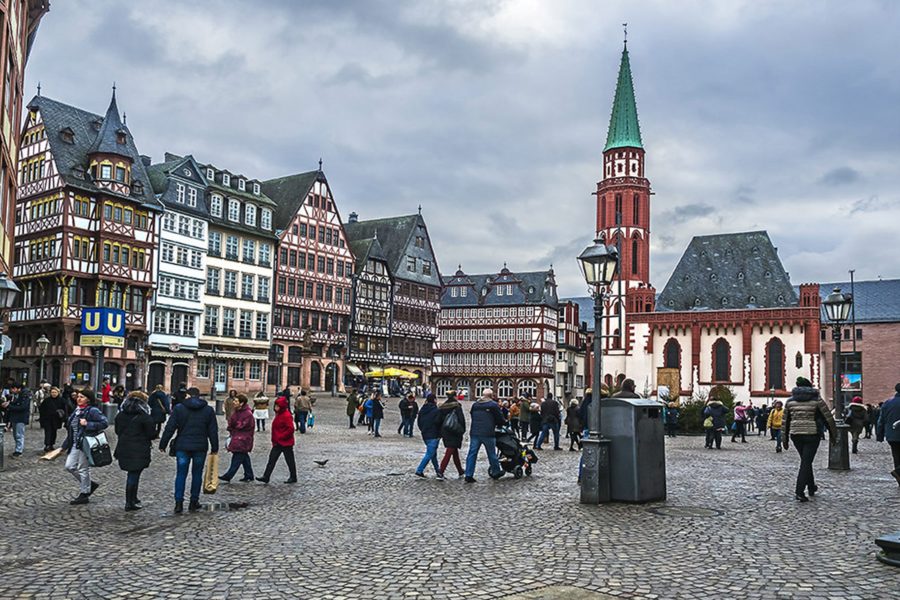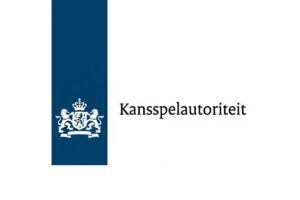German court rules that municipalities cannot tax betting shops

The Federal Administrative Court made the ruling in the case of a lawsuit brought by bookmakers in Dortmund.
Germany.- The Federal Administrative Court has ruled that German municipalities cannot levy a betting shop tax. The decision comes after betting shops in the city of Dortmund took legal action over a municipal betting tax introduced in 2014.
The tax, which was intended to be passed on to customers, was initially calculated according to the physical size of the area where bets were processed and monitored in each betting shop. However, the Federal Administrative Court ruled in 2017 that such a calculation could not be used. Dortmund then adopted a flat 3 per cent tax on stakes (the federal government already taxes stakes at 5 per cent).
However, betting shops said sports betting should be treated similarly to measures defined in the Lottery Act that do not allow for separate municipal and federal taxes. The Münster Higher Administrative Court allowed for an appeal on those grounds but the process was suspended to await a decision on the legality of the municipal tax from the Constitutional Court. The Constitutional Court finally concluded that the municipal tax was indeed invalid.
The German sports betting association DSWV has fought against the tax for years. Its president Mathias Dahms welcomed the court’s verdict. He said: “Many betting agencies have been wrongly taxed twice for many years despite the fact that we pointed out the illegality of the additional municipal betting shop tax from the start. Now the years-long struggle with the authorities has finally been won.”
In July, the DSMV blasted an order issued by the city-state of Bremen to close all betting shops. Authorities in the city said it was issuing the order on the grounds that it was not convinced that betting operators were not fronts for money laundering.
The city has rejected applications from 32 high-street betting shops that had applied for new licences under Germany’s new interstate gambling treaty, which came into effect last July. It said that some operators failed to provide written evidence of how they had secured the startup funds for their businesses, while one was located too close to a school. Operators have until August 5 to appeal.
Meanwhile, a German court will hear a challenge brought by four gambling operators against Germany’s rules on the location of sports betting operations. Under German legislation, sports betting cannot be offered in the same building as a casino or gaming hall, but the operators are challenging that rule.
The operators argue that the legislation, specifically section 21 (2) of Germany’s interstate gambling treaty, failed to protect operators that had sports betting facilities in the same building as casino operations. The case will be heard by the Higher Regional Court of Stuttgart in the state of Baden-Württenberg in the southwest of the country on November 21.











